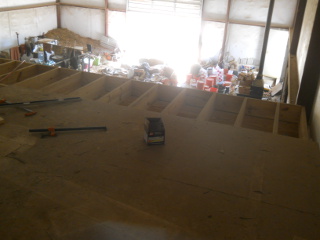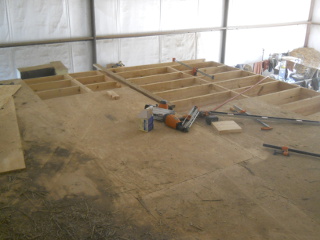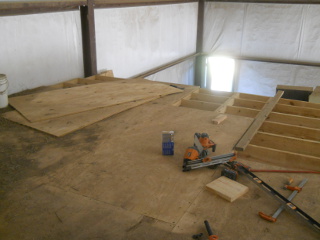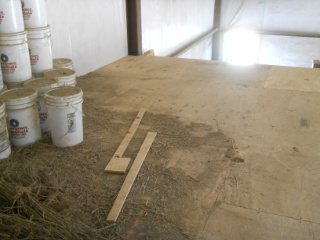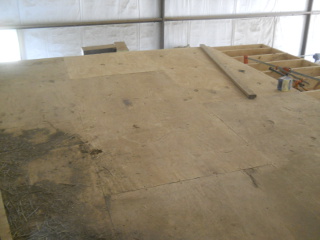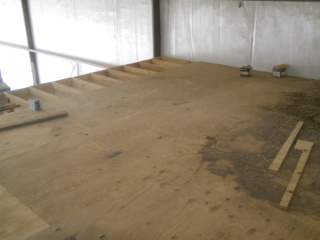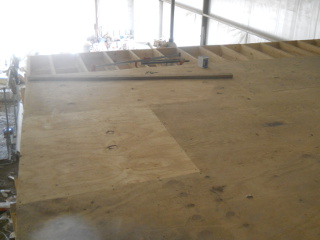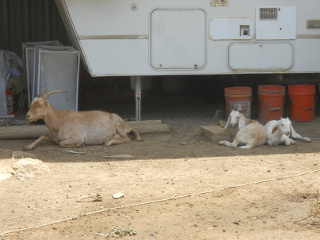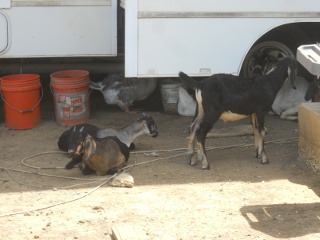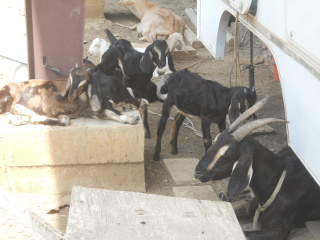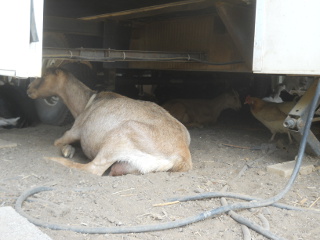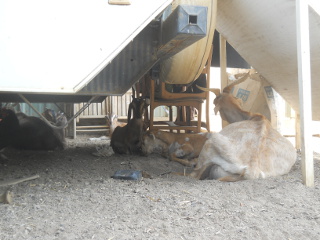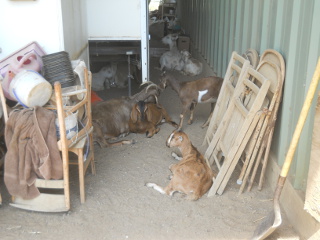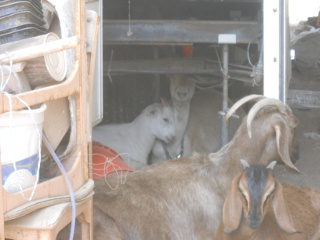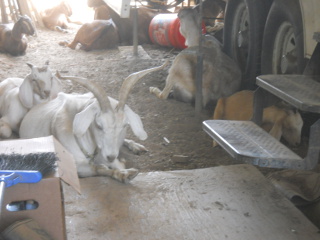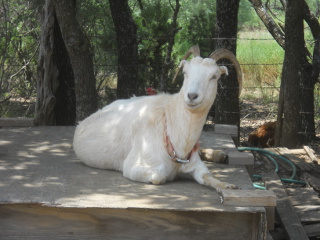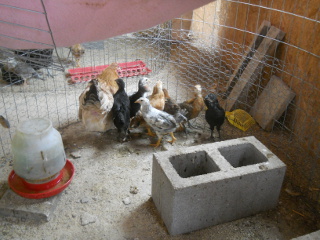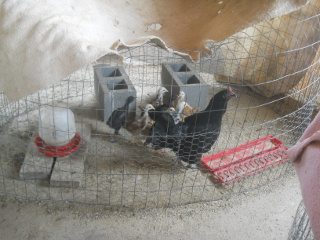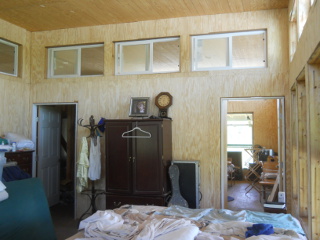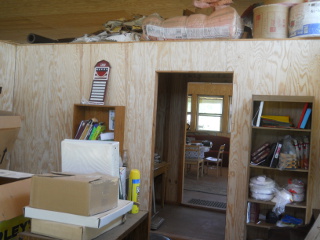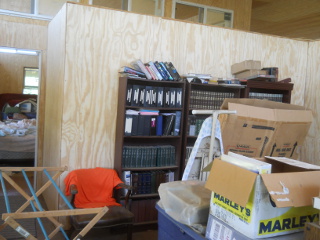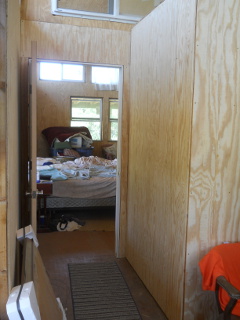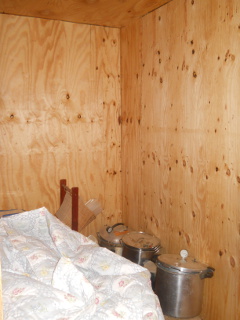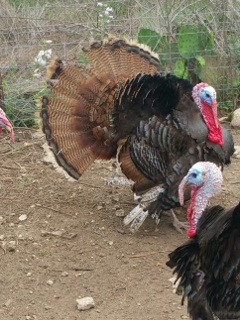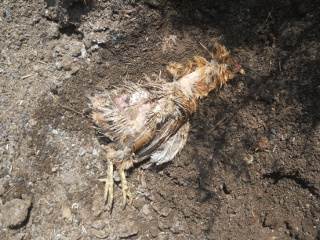Several years ago, I was reading through Puritan commentator John Gill’s commentary, going through the New Testament, and when I came to the last verse of this parable, something struck me:
Matt 18:23-35 – 23 Therefore is the kingdom of heaven likened unto a certain king, which would take account of his servants.
24 And when he had begun to reckon, one was brought unto him, which owed him ten thousand talents.
25 But forasmuch as he had not to pay, his lord commanded him to be sold, and his wife, and children, and all that he had, and payment to be made.
26 The servant therefore fell down, and worshipped him, saying, Lord, have patience with me, and I will pay thee all.
27 Then the lord of that servant was moved with compassion, and loosed him, and forgave him the debt.
28 But the same servant went out, and found one of his fellowservants, which owed him an hundred pence: and he laid hands on him, and took him by the throat, saying, Pay me that thou owest.
29 And his fellowservant fell down at his feet, and besought him, saying, Have patience with me, and I will pay thee all.
30 And he would not: but went and cast him into prison, till he should pay the debt.
31 So when his fellowservants saw what was done, they were very sorry, and came and told unto their lord all that was done.
32 Then his lord, after that he had called him, said unto him, O thou wicked servant, I forgave thee all that debt, because thou desiredst me:
33 Shouldest not thou also have had compassion on thy fellowservant, even as I had pity on thee?
34 And his lord was wroth, and delivered him to the tormentors, till he should pay all that was due unto him.
35 So likewise shall my heavenly Father do also unto you, if ye from your hearts forgive not every one his brother their trespasses.
And here is Dr. Gill’s notes on verse 35:
So likewise shall my heavenly Father
This is the accommodation and application of the parable, and opens the design and intent of it; showing that God, who is Christ’s Father, that is in heaven, will act in like manner towards all such persons, who are cruel and hard hearted to their brethren, and are of merciless and unforgiving spirits; for so it is said,
he will do also unto you, if ye from your hearts forgive not every one his brother their trespasses.
The phrase, “their trespasses”, is omitted by the Vulgate Latin, the Arabic, and the Ethiopic versions, but is in all the Greek copies; and designs not pecuniary debts, though these are to be forgiven, and not rigorously exacted in some cases, and circumstances; but all injuries by word or deed, all offences, though ever so justly taken, or unjustly given; these should be forgiven fully, freely, and from the heart, forgetting, as well as forgiving, not upbraiding with them, or with former offences, and aggravating them; and should also pray to God that he would forgive also. It is certainly the will of God, that we should forgive one another all trespasses and offences. The examples of God and Christ should lead and engage unto it; the pardon of sin received by ourselves from the hands of God strongly enforces it; the peace and comfort of communion in public ordinances require it; the reverse is contrary to the spirit and character of Christians, is very displeasing to our heavenly Father, greatly unlike to Christ, and grieving to the Spirit of God.
Wow. Forgiving, even if I could be just in taking offense; forgiving and forgetting (like we would want God to) and not reviling the person; God’s forgiveness being withheld for my being unforgiving of others!
But here was the kicker for me: It’s easy to say I forgive someone who has done me wrong. But the level of forgiveness I need to have for someone is to where I want God to forgive them — for Him to forget their wrong against me, to where He never holds them accountable for it!
In honestly examining myself, that was much harder to do, as I think deep down I might desire what I may envision as “justice” on them by God.
But what if God gave me all the same kind of “justice” for my offenses that I deserve?
I have looked to God for help by praying to be able to actually and fully desire that God not hold to an offender’s account wrongs against me, as I believe that is the degree of forgiveness we need to have, and what I believe true forgiveness includes.
And we have prime examples from the Bible, from Christ and from Stephen, unsolicited by the offender, even right when the wrong to them was being done — the ultimate wrong someone can do to another — kill them!
Luke 23:34 – “Then said Jesus, Father, forgive them; for they know not what they do. And they parted his raiment, and cast lots.”
Acts 7:59-60 – “59 And they stoned Stephen, calling upon God, and saying, Lord Jesus, receive my spirit. 60 And he kneeled down, and cried with a loud voice, Lord, lay not this sin to their charge. And when he had said this, he fell asleep.“
May God grant us this Christ-like forgiveness.
— David
